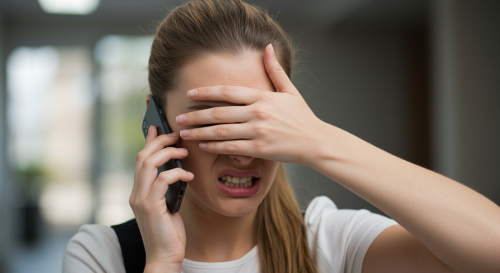Indecency Laws and Their Application to Arts and Media in England

Indecency Laws and Their Application to Arts and Media in England
Indecency laws in England are designed to regulate the portrayal of explicit or sexually explicit content in the arts and media. These laws aim to strike a balance between artistic expression and the need to protect the public from potentially harmful or offensive content.
In this article, we will explore how indecency laws apply to arts and media in England and whether the violation of these laws constitutes a criminal offence.
Understanding Indecency Laws

Indecency laws in England encompass a range of legal provisions that govern the creation, distribution, and consumption of content that may be considered indecent, obscene, or offensive.
These laws are primarily intended to safeguard public morality and protect vulnerable individuals, including children, from exposure to explicit material.
Application to Arts and Media
Indecency laws can apply to various forms of artistic expression and media content, including:
- Visual Arts: Paintings, sculptures, and photographs that contain sexually explicit or indecent imagery can be subject to legal scrutiny. However, artistic merit and intent often play a crucial role in determining whether a work is considered indecent or a legitimate piece of art.
- Literature: Written works, including novels, poetry, and scripts, may face scrutiny if they contain explicit sexual content or indecent themes. Again, artistic merit and intent are essential considerations.
- Film and Television: Films, television programs, and streaming content are subject to classification and regulation by bodies like the British Board of Film Classification (BBFC) and Ofcom. These organisations assess content for its suitability for different age groups and may restrict or ban certain material.
- Performance Arts: Live performances, such as theatre, dance, and live music, are generally subject to less strict regulation than other media forms. However, performances that include explicit content may face challenges related to public decency.
Criminal Offence or Censorship
In England, the violation of indecency laws does not automatically constitute a criminal offence. Instead, the legal system typically distinguishes between material that is indecent and potentially harmful to public morals and content that holds artistic or literary merit.
While the law aims to prevent the dissemination of harmful material, it also recognises the importance of artistic freedom and freedom of expression.
The legal assessment of indecency often considers the context, intent, and artistic value of the content in question. Courts may evaluate whether the material has artistic, literary, or social merit and whether it serves a legitimate purpose beyond mere titillation or obscenity.
Conclusion: Indecency Laws and Their Application to Arts and Media in England

Indecency laws in England play a significant role in regulating explicit content in the arts and media. While these laws seek to protect public morality and vulnerable individuals, they also respect the importance of artistic expression and freedom of speech.
Whether a violation of indecency laws constitutes a criminal offence depends on various factors, including the context and artistic intent. As such, the application of these laws requires a careful and nuanced assessment of each case to strike a balance between legal standards and artistic freedom.
Notice: Informational Content Disclaimer
The content provided on this website, including articles, blog posts, and other informational materials, is intended for general informational purposes only. It is not intended as, and should not be considered, legal advice.
Visitors to this website should be aware that the information presented here is not a substitute for seeking legal advice from a qualified solicitor or legal professional. Each individual's legal situation is unique, and the information provided may not be applicable to specific circumstances.
If you require legal advice or have specific legal questions, we encourage you to contact us directly. Our experienced team of solicitors is here to assist you with your legal needs and provide tailored advice to address your concerns.
Please be advised that any communication through this website, including the use of contact forms or email, does not create a solicitor-client relationship. Confidential or time-sensitive information should not be sent through this website. To establish a solicitor-client relationship and discuss your legal matters in detail, please contact us for a consultation.
We strive to provide accurate and up-to-date information, but we make no representations or warranties regarding the accuracy, completeness, or suitability of the information contained on this website. We shall not be liable for any reliance placed on the information provided herein.
Thank you for visiting our website. We look forward to the opportunity to assist you with your legal needs.




